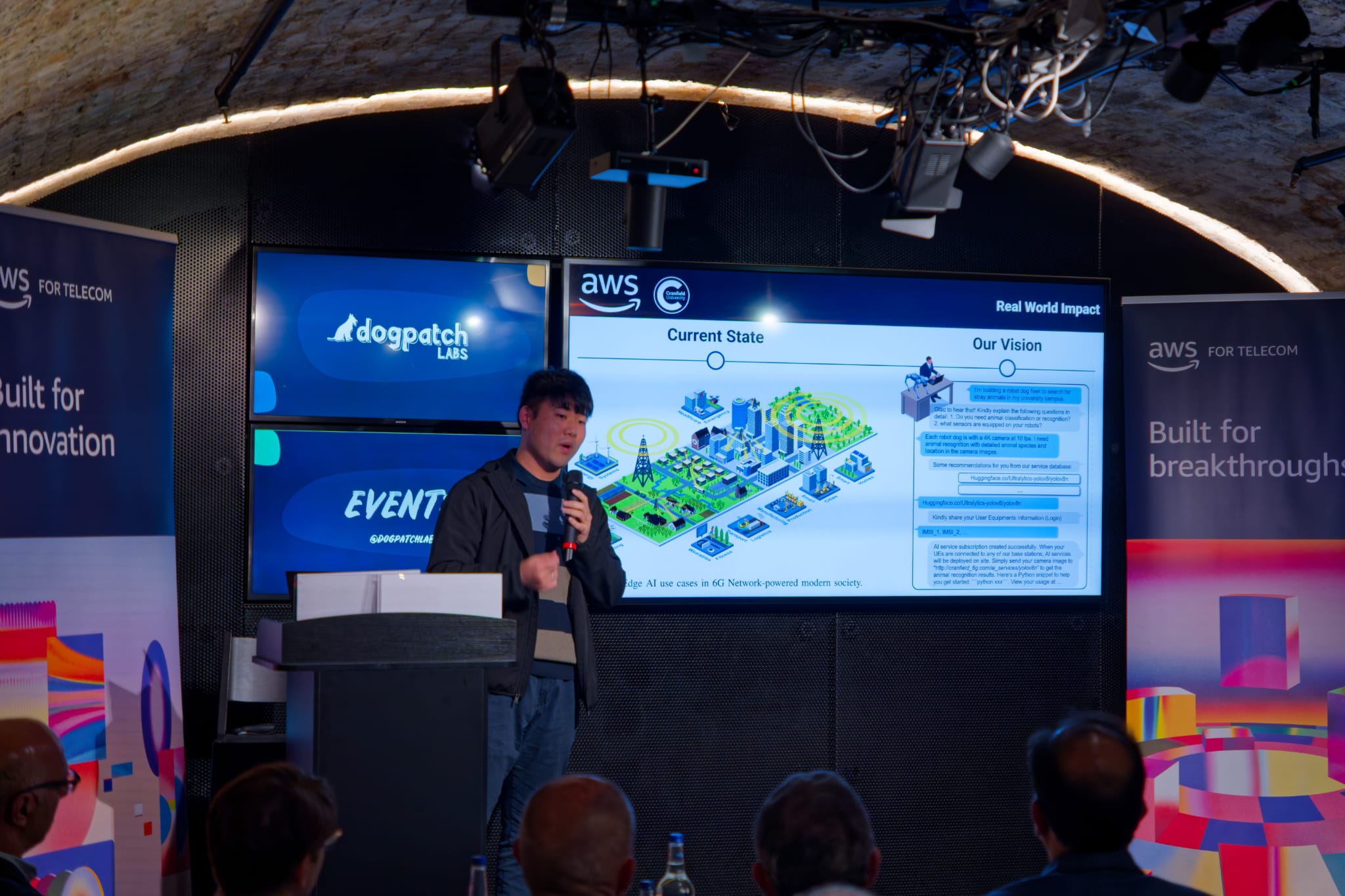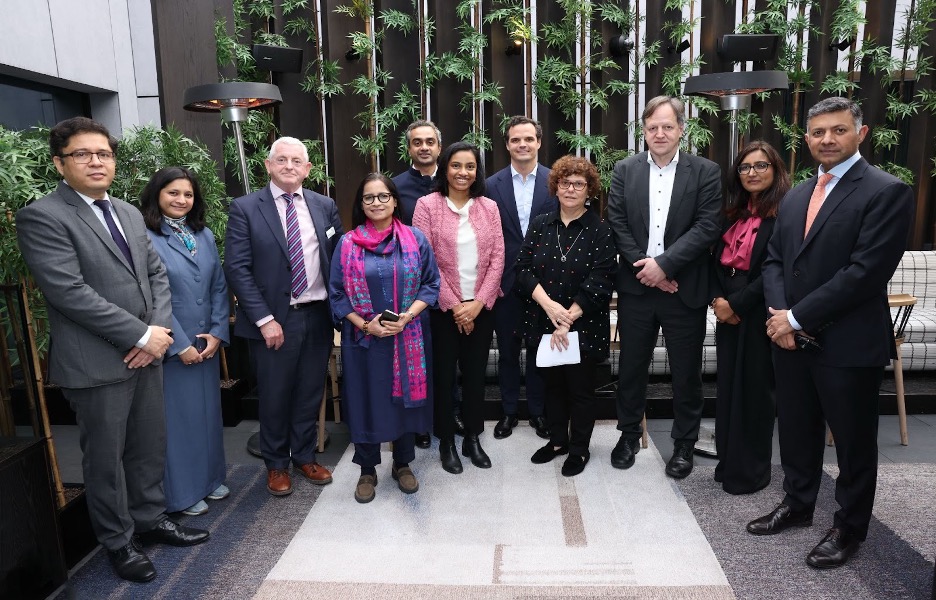University of Leeds OREO Team Wins 1st Place at AWS “Breaking Barriers for Agentic Networks” Hackathon
19 Nov, 2025

As part of the CHEDDAR project, the Open RAN Energy Optimisation (OREO) team from the University of Leeds has achieved a significant milestone by securing first place at the Amazon Web Services (AWS) “Breaking Barriers for Agentic Networks” Hackathon, held during FYUZ25 in Dublin.
Hosted by AWS, the hackathon brought together leading researchers, engineers, and innovators exploring how Agentic AI and Open RAN technologies can transform the next generation of intelligent and autonomous telecom networks. Competing against a strong international field, the OREO team impressed judges with an energy-efficient agentic framework designed to optimise Open RAN performance in real time.
An Agentic AI Solution for Smarter, Greener Open RAN
The winning solution features a multi-agent system developed to predict and manage Radio Unit (RU) behaviour with high operational efficiency.
The first agent forecasts network traffic and classifies RU load levels in advance, enabling proactive system optimisation. The second agent uses machine-learning classifiers to determine and apply optimal network policies, including the dynamic switching of RUs on or off to reduce energy consumption without compromising service quality.
The framework is fully integrated into the AWS cloud ecosystem, utilising Amazon Bedrock, AgentCore, AWS Lambda, and DynamoDB to deliver reliable orchestration, monitoring, and control. A purpose-built dashboard, developed using Next.js, provides real-time visualisation of network performance metrics and agent decisions, offering clear operational insight for network operators.
Collectively, this approach demonstrates how AI-native automation can support substantial energy savings in Open RAN deployments and contribute to the development of sustainable, efficient, and scalable next-generation telecom networks.
Celebrating the OREO Team
Congratulations to the team members whose expertise and innovation led to this achievement:
Syed Ali Raza Zaidi, Maryam Hafeez, Abdelaziz Salama, Zeinab Nezami, Sarat Ahmad, and Mohammed M. H. Qazzaz, all from the University of Leeds.
Their success highlights the strength of CHEDDAR’s research community and its growing contribution to the wider telecoms innovation landscape.




